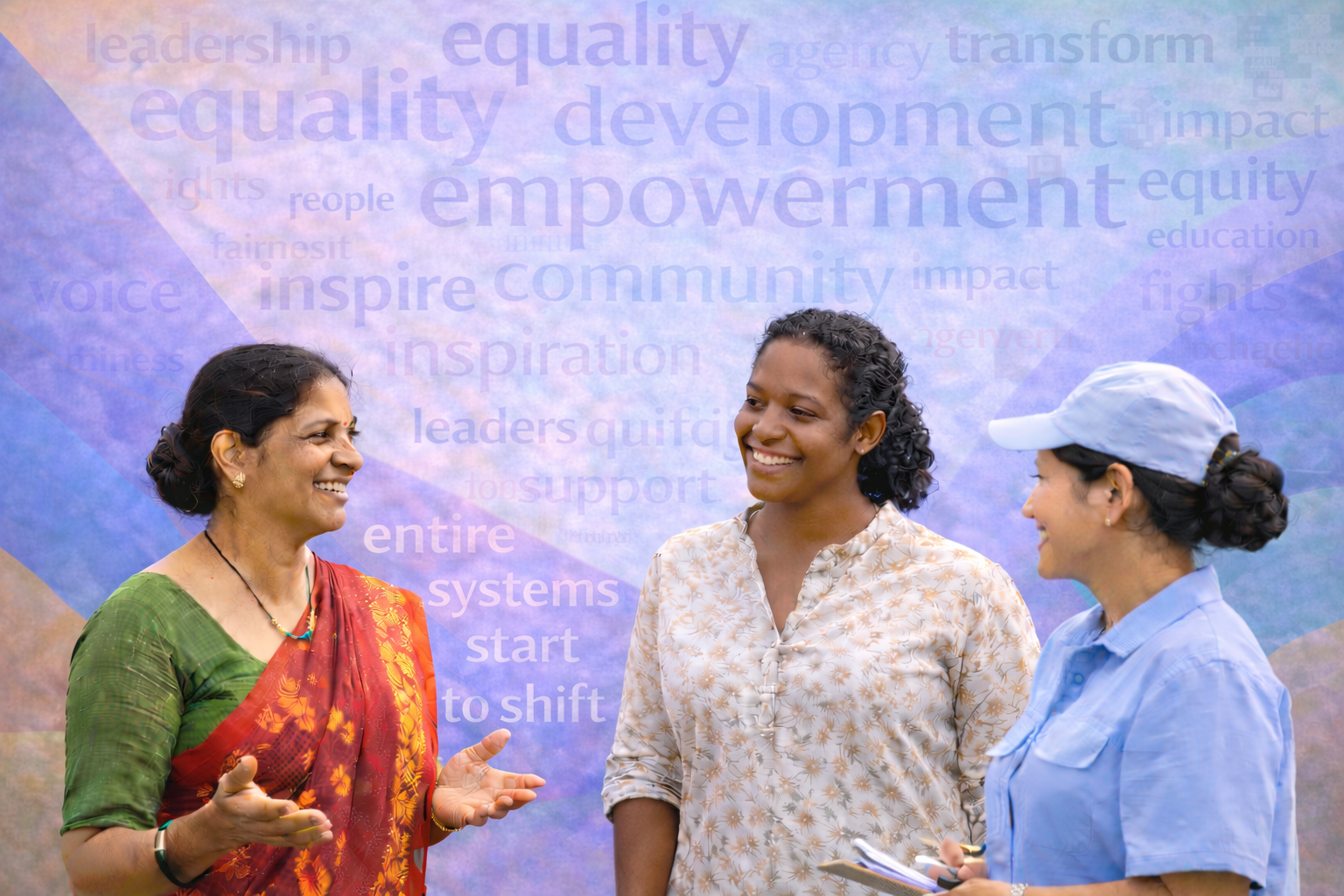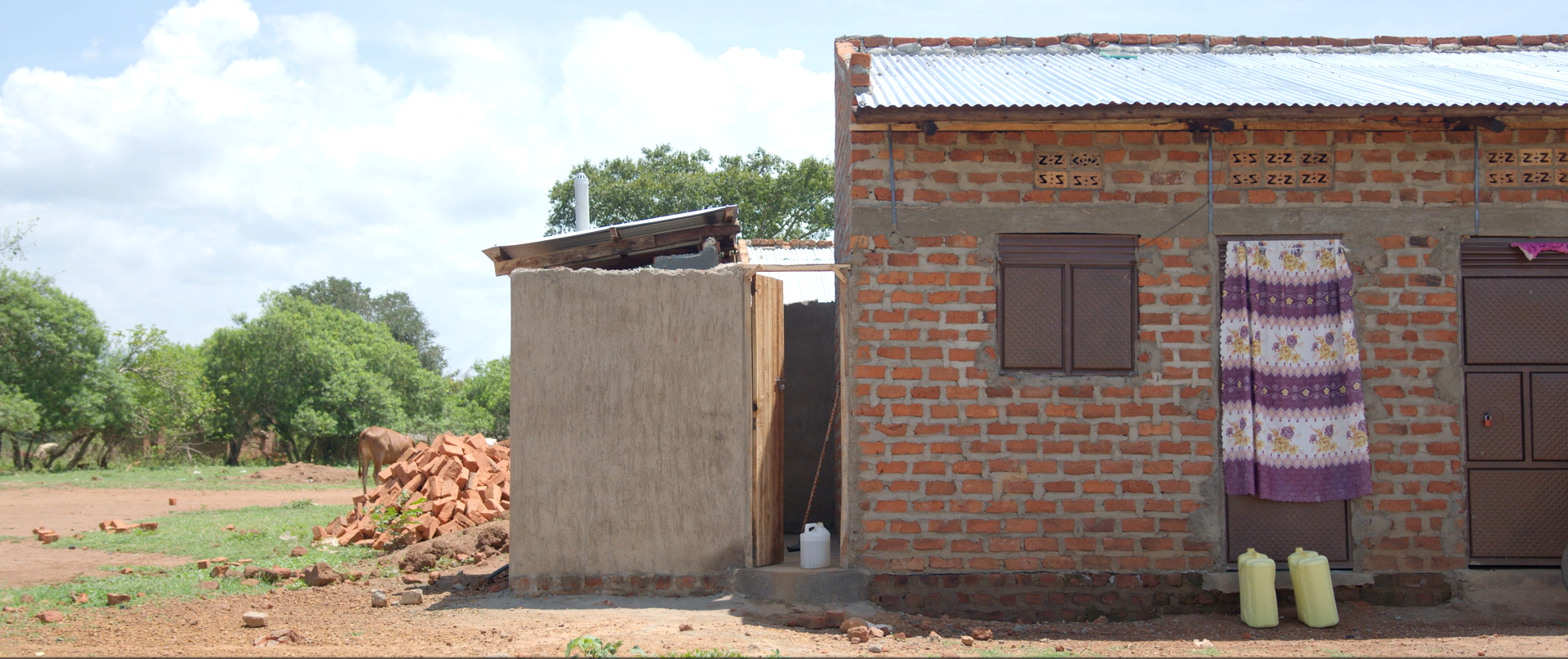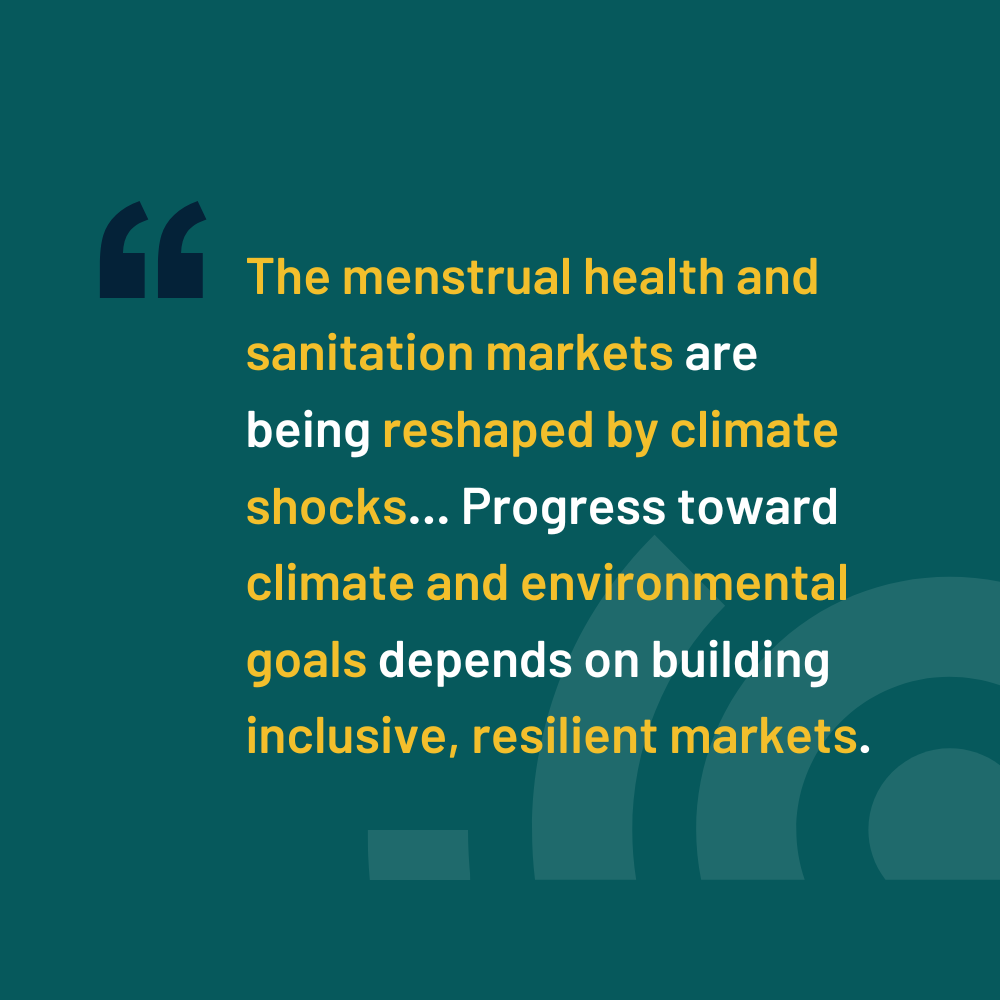
As the climate crisis deepens, innovative sanitation solutions help strengthen community’s health resilience in Uganda

In Uganda’s Kawongo Landing Site, one of the busy trading ports and villages around the country’s many lakes, increasingly frequent floods have brought fresh waves of despair, disaster and disease over the past decade. With new, climate-resilient sanitation solutions aimed at withstanding flooding and containing contamination, communities are laying the foundations for better health and resilience - and their very own local circular economy.
Kawongo Landing Site sits on the shores of Lake Kyoga in Uganda’s Kayunga district. In the past decade, it has seen a sharp increase in flooding events causing serious damage to sanitation facilities and contamination of waters in and around the area endangering the lives and health of the community.
Yet, solutions exist to make sanitation systems more climate-resilient. In Uganda, SHF is working closely with the Government and implementing partner Water for People to build scalable Next Generation Sanitation models that are climate-resilient and tailored to the specific needs of people and communities, especially women and girls.
In Kawongo Landing Site and its surrounding villages, this includes collaborating with local community leaders and village health team members to identify and implement innovative sanitation solutions, laying the foundations for a thriving sanitation economy.
From working with masons to train them on the new techniques required to build sturdy, deep burnt brick toilets that will not wash away or leak into flood waters to working with families looking to install these safer, better toilets, the efforts are slowly starting to bear fruit. “There is a solution to be learned in every problem, says Alex Lukwago, a resident of Kawongo B village. If you invest your money and use a slab and burnt bricks, you will be confident that if the floods come, your latrine will not be destroyed.”
In fact, given the Fossa Alterna toilets are designed in a way to facilitate reuse of decomposed waste as manure in fields, the yields are likely to be multifold. In a country where 60% of the disease burden is linked to poor sanitation and hygiene, the potential impact on improving health outcomes overall is huge.
In 2025, SHF will continue working with the Government of Uganda to identify innovative, climate-resilient sanitation approaches.
Please watch the video below for the full story.



